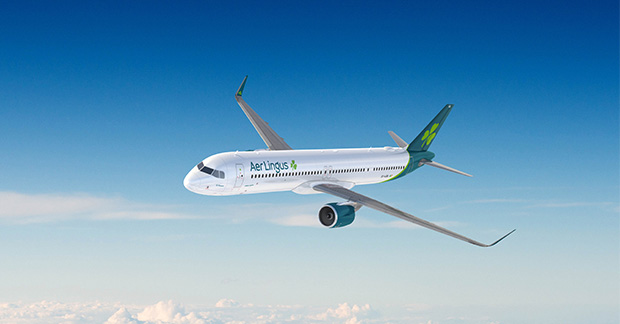The end of Aer Lingus’ pilot pay dispute signals relief for the travel industry. The agreement promises smoother operations.
With a significant pay raise, Aer Lingus pilots have agreed to terms, restoring confidence among thousands of travellers affected by disruptions.
The resolution of the Aer Lingus pilots’ pay dispute has been met with relief from travel sector stakeholders. The pay rise of 17.75% comes as a result of negotiations overseen by Ireland’s Labour Court, satisfying the demands that led to industrial action earlier this year. This development alleviates the disruptions experienced by nearly 86,000 travellers during the peak summer season, marking a significant improvement in operational stability for the airline.
The end of the dispute is a noteworthy victory for the travelling public and the broader tourism industry. Irish travel agents are optimistic about the return to normal travel schedules, which is expected to boost consumer confidence and encourage more bookings. The resolution not only ensures operational continuity for airlines but also reassures passengers of reliable travel arrangements, enhancing the appeal of travel to and from Ireland.
The decisive role of the Irish Airline Pilots’ Association (Ialpa) was pivotal in reaching this agreement. A staggering 85% of its members voted in favour of the Labour Court’s proposition, showcasing solidarity and collective action within the association. The high approval rate underscores a mutual understanding of the necessity for compromise between pilots and management to ensure the long-term success of Aer Lingus.
The perception that the tourism sector dialogue was effectively mediated is prevalent. The consensus-building approach demonstrated by Ialpa and Aer Lingus is seen as a model for addressing industry disputes going forward. This agreement exemplifies how constructive dialogue can lead to mutually beneficial outcomes, setting a benchmark for future negotiations in the travel and aviation sectors.
The Labour Court’s intervention is a clear example of how external arbitration can lead to effective resolution, especially when both parties are at an impasse. This case is indicative of the court’s capability in navigating complex negotiations and arriving at compromises that respect the interests of all stakeholders involved.
A stable operational environment benefits not just the airline but also the overall customer experience. As Aer Lingus moves forward, the anticipation is that it will leverage this stability to expand its services and improve its competitive stance in the market.
Ultimately, fostering a balanced approach to employee relations can significantly impact operational efficiency and customer satisfaction. The aviation industry is reminded of the value of its workforce and the pivotal role they play in maintaining service excellence and operational continuity.
The resolution of the dispute heralds a new chapter for Aer Lingus and the industry, etching a landmark in conflict resolution.
This compromise not only benefits the airline but also sets a precedent for effective dispute management, securing trust among all stakeholders.

